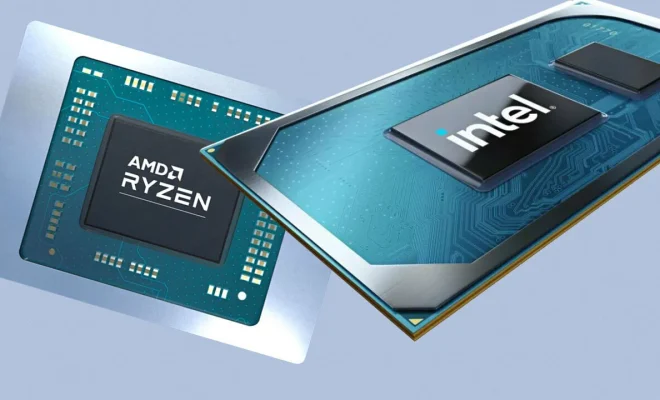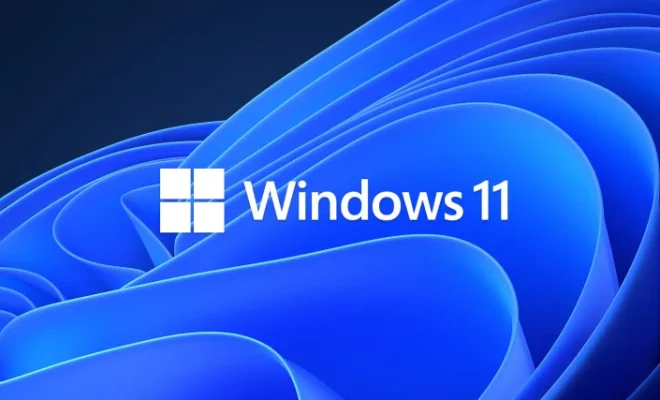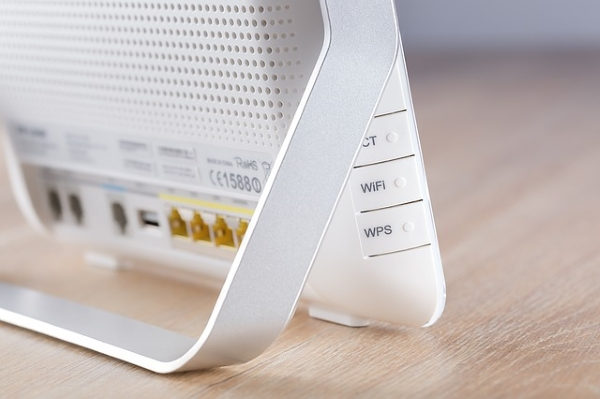Laptop Processor Buyer’s Guide

In the world of computing, the processor is the heart of any computer, and a laptop is no exception. The processor determines the speed and capabilities of your laptop. With the advancements in technology, the market is full of choices and selecting the right laptop processor can be daunting. Therefore, to make an informed decision, here is a laptop processor buyer’s guide.
Processor types
The first thing to consider is the processor type. You can choose from two processor types, Intel and AMD. Intel is popular and reliable, whereas AMD processors are affordable and offer high performance.
Core count
The core count determines how many tasks your processor can handle simultaneously. For basic usage, a dual-core processor is sufficient, while for heavy-duty usage, a quad-core or an octa-core processor is recommended.
Clock speed
The clock speed determines how fast the processor can execute instructions. It is measured in GHz, where a higher number represents faster speed. However, higher clock speed does not always guarantee better performance, so keeping a balance between core count and clock speed is crucial.
Cache memory
Cache memory is a buffer memory that helps the processor quickly access frequently used data. A larger cache size improves overall performance; hence, a minimum of 4MB cache memory is recommended.
Integrated Graphics
Integrated graphics play a crucial role in visual performance, especially when running games, streaming videos, or graphic-intensive tasks. Intel processors come with integrated graphics, whereas AMD comes with Radeon graphics.
Thermal Design Power
Thermal Design Power (TDP) is the amount of heat produced by the processor during operation. The higher the TDP, the more cooling power is needed to prevent overheating. For laptops, a lower TDP is recommended, ideally between 15W and 45W.
Socket type
A laptop processor’s socket type determines compatibility with the motherboard. The most common socket types are LGA and PGA, and they are usually compatible with Intel and AMD processors, respectively.
Conclusion
Selecting the right laptop processor can be a challenging task, but a proper understanding of the specifications can help make an informed decision. Different processor types, core count, clock speed, cache memory, integrated graphics, TDP, and socket types all contribute to the performance and effectiveness of your laptop. So, before investing in a laptop processor, take your time to research and get the best one.





